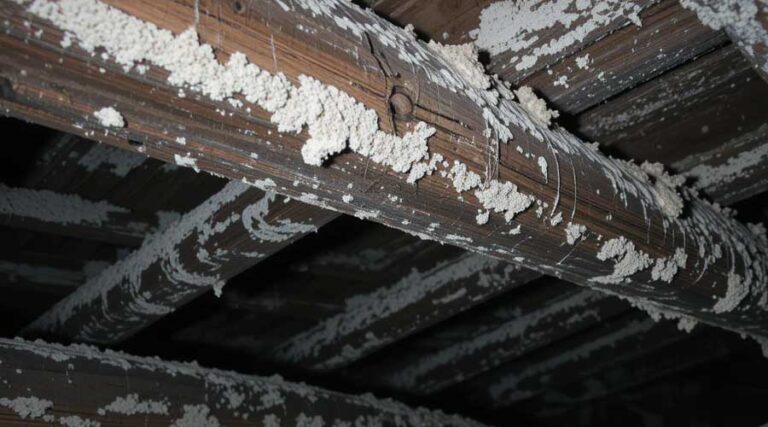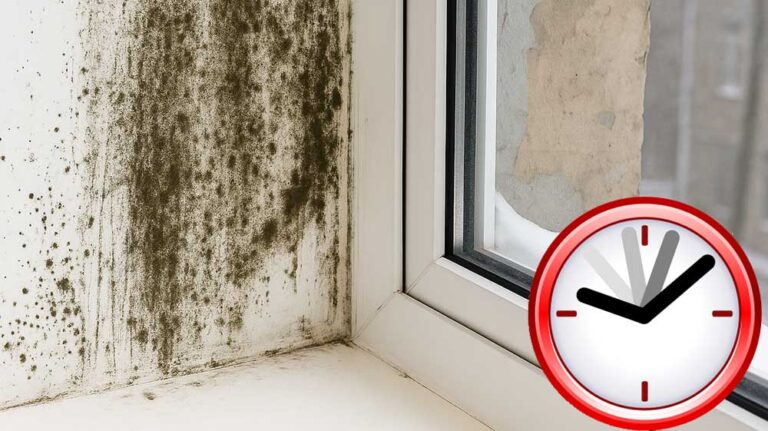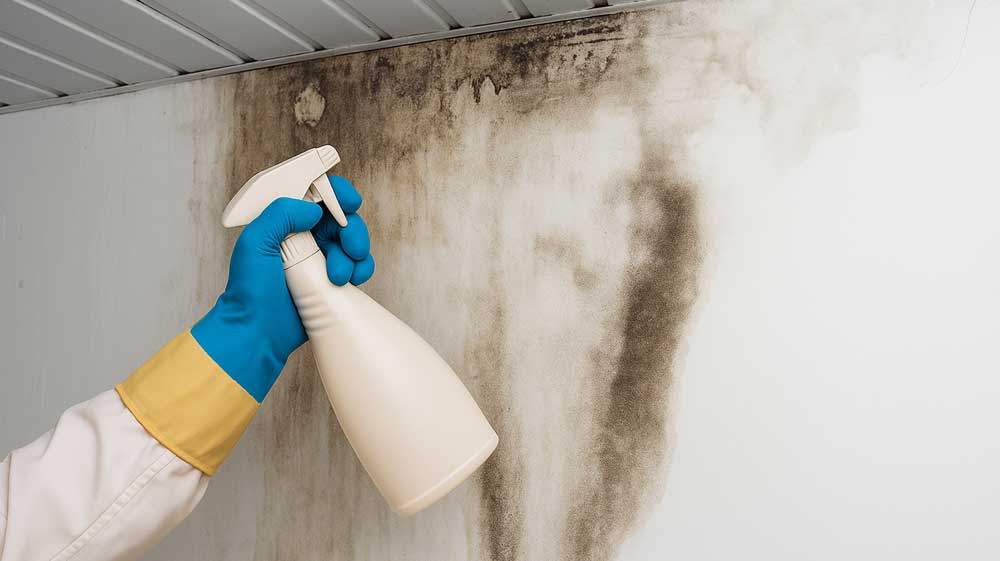
Mold is a silent intruder—easy to overlook, yet powerful enough to affect your health and home. If you’re wondering when is mold remediation required, the answer is: sooner than you think, especially if certain signs are present.
In this guide, we’ll break down the situations that demand professional help, how to recognize hidden threats, and what steps you can take to prevent mold from taking hold again.
Understanding Mold Growth
Mold thrives in damp, dark, and humid environments. It can begin growing within just 24 to 48 hours of water exposure—whether from a leak, flood, or even high humidity.
While small, isolated patches might be manageable on your own, larger infestations or those hidden in walls, HVAC systems, or under floors require professional remediation to protect both your home and health.
When Is Mold Remediation Required?
1. Persistent Water Damage
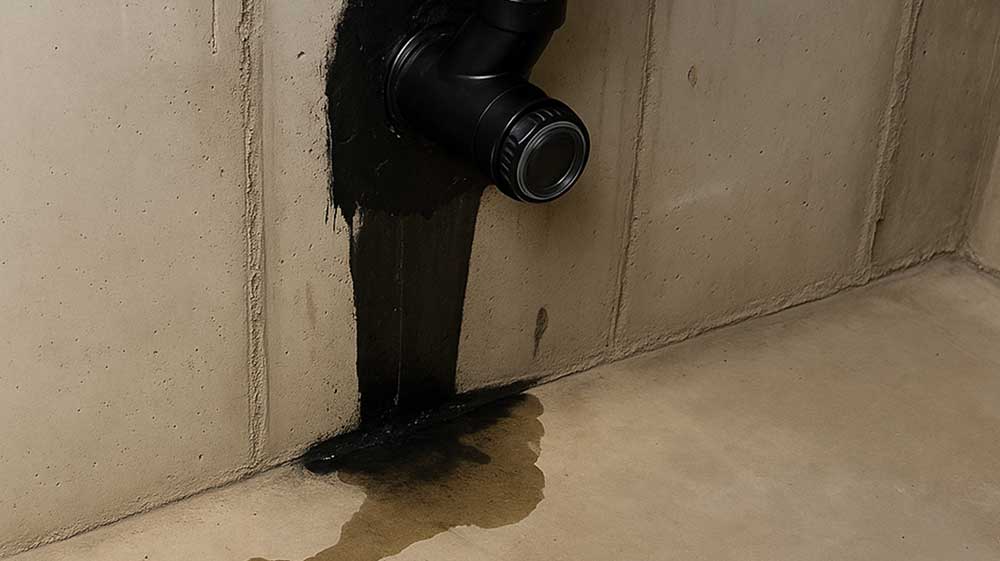
If you’ve had a leak, burst pipe, or roof damage, mold is likely lurking behind walls or beneath floors—even after things seem dry. Water damage creates the perfect breeding ground, and remediation is crucial to eliminate hidden growth and stop further structural decay.
2. Visible Mold Colonies
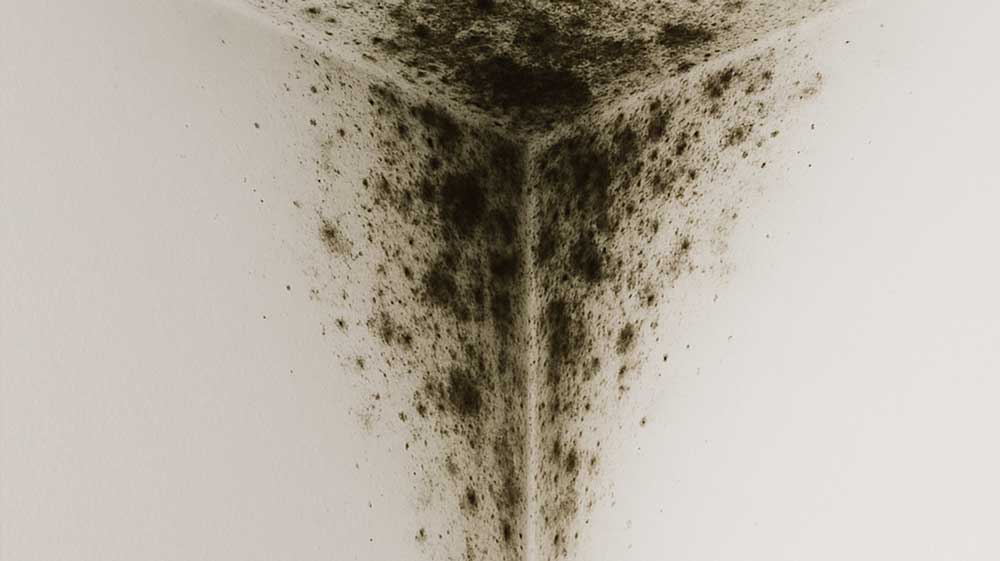
Seeing mold on your walls, ceiling, or bathroom tiles is a red flag. According to the EPA, any mold patch larger than 10 square feet should be handled by professionals. Attempting to clean it yourself could release spores and make the situation worse.
3. Unexplained Health Symptoms

Are you or your family members experiencing allergies, asthma flare-ups, or headaches that don’t go away? It could be hidden mold—especially black mold, which can produce toxins. If health issues improve when you’re away from home, it’s time to call in experts.
4. Musty, Earthy Odors

Even if you don’t see mold, a persistent musty smell often points to hidden colonies in walls, basements, or ventilation systems. Professionals can use moisture meters and thermal cameras to locate the source.
5. After Flooding or Sewage Backup
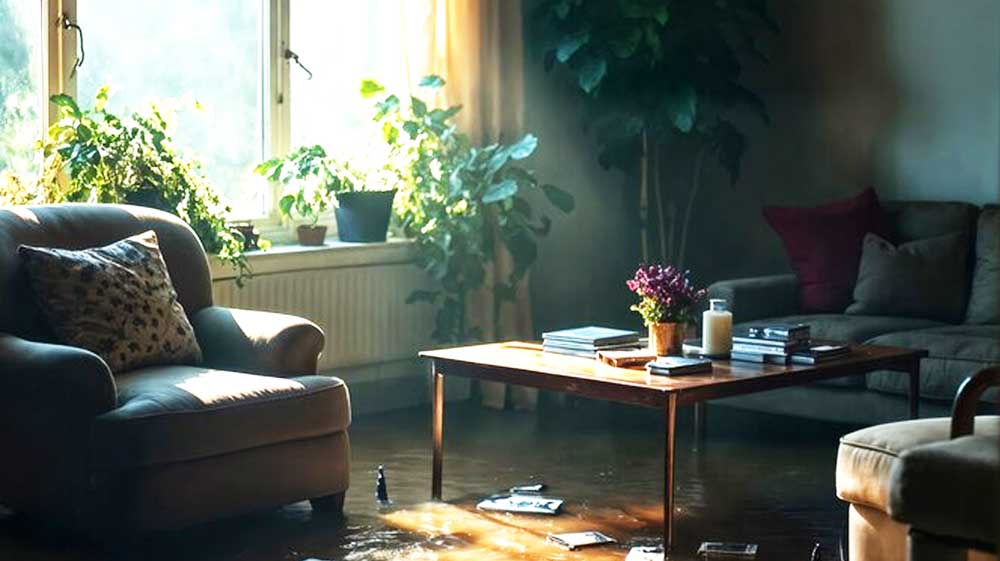
If your home has been affected by floodwaters or sewage, mold isn’t your only concern—bacteria and pathogens can make your space dangerous. Remediation ensures proper disinfection, drying, and mold prevention.
6. Real Estate Transactions
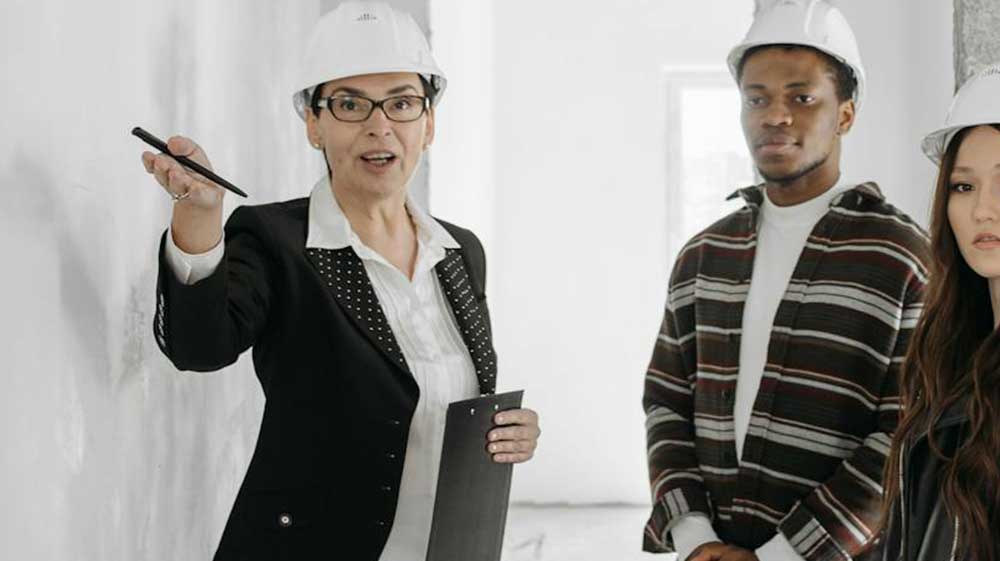
Whether you’re buying or selling, discovering mold during a home inspection can halt a deal. Timely remediation ensures your home is safe, compliant, and ready for the market.
7. HVAC Mold Contamination
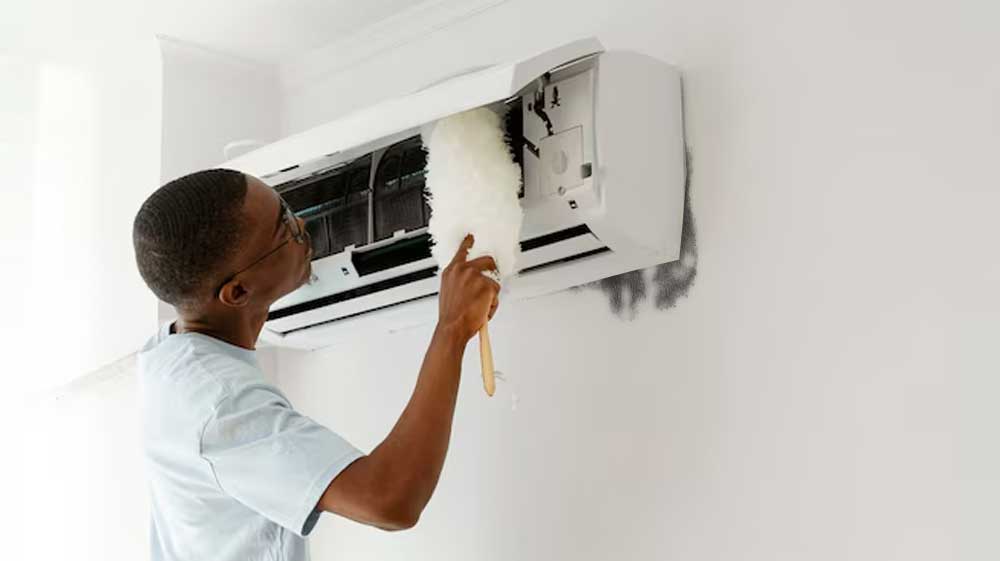
Mold in your air ducts can spread spores throughout the entire house. Specialized remediation ensures your HVAC system is cleaned, sanitized, and safe to use again.
Signs You Need Mold Remediation
- Visible Mold: Dark spots or fuzzy patches on walls, ceilings, or tiles
- Health Reactions: Ongoing sneezing, coughing, or skin irritation
- Water Stains: Yellow or brown discoloration signaling past leaks
- Peeling Paint or Warping Walls: Signs of trapped moisture behind surfaces
The Mold Remediation Process
- Inspection: Moisture detection tools help locate mold behind walls or under flooring
- Containment: The area is sealed off to prevent mold from spreading
- Air Filtration: HEPA filters clean the air during the process
- Mold Removal: Contaminated materials are removed, and surfaces are treated with antifungal agents
- Restoration: Damaged drywall, insulation, or flooring is replaced
- Prevention Plan: Experts offer guidance to help you prevent mold from returning
How to Prevent Mold Growth
- Fix Leaks Promptly: Even slow drips can lead to mold
- Keep Humidity Low: Use dehumidifiers to maintain indoor humidity below 60%
- Ventilate: Use exhaust fans in bathrooms, kitchens, and laundry rooms
- Dry Spills Quickly: Dry all water within 24–48 hours to prevent growth
- Check Problem Areas: Inspect attics, basements, and under sinks regularly
Final Thoughts: Don’t Wait
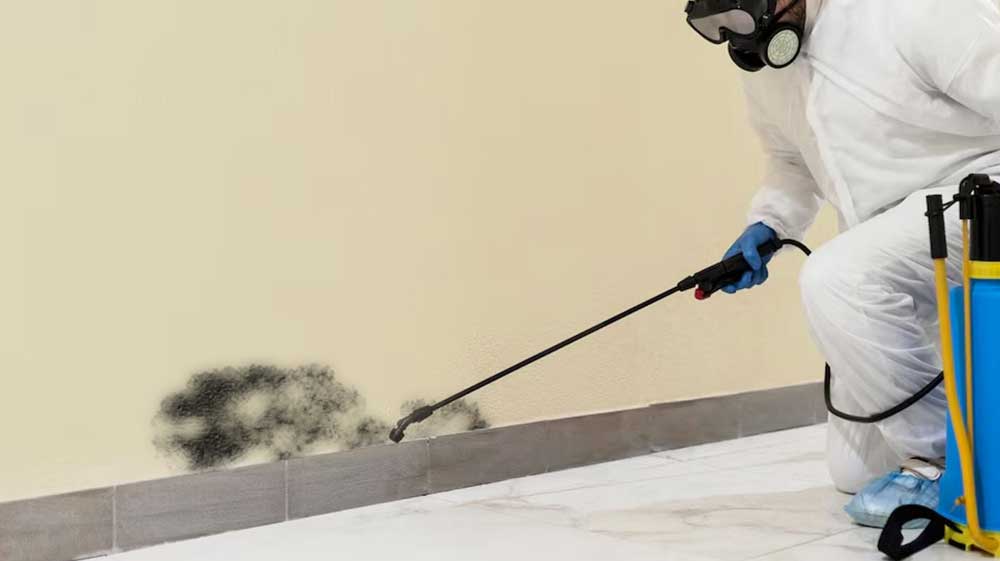
When is mold remediation required? If you’re seeing visible mold, smelling musty odors, or feeling unexplained health symptoms, the time is now.
Mold doesn’t just go away—it spreads quietly and can cause serious health and structural issues. Whether you’ve experienced water damage, are moving into a new home, or just want peace of mind, a professional mold assessment can help you breathe easier—literally.
Act Now!
If you suspect mold, don’t wait. Contact a certified mold remediation specialist to assess your home. Your health, safety, and property value are too important to ignore.

